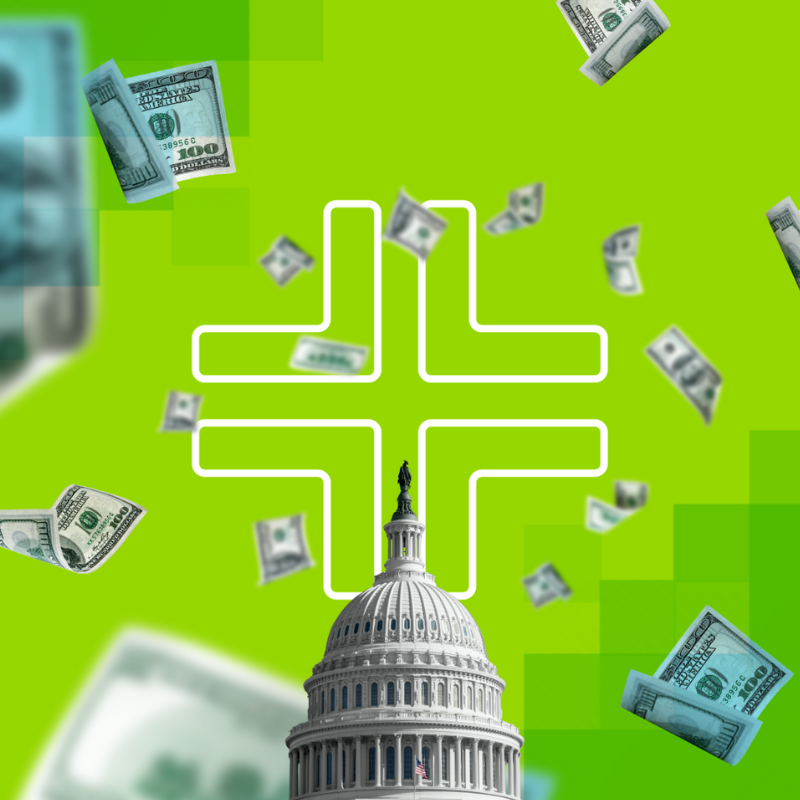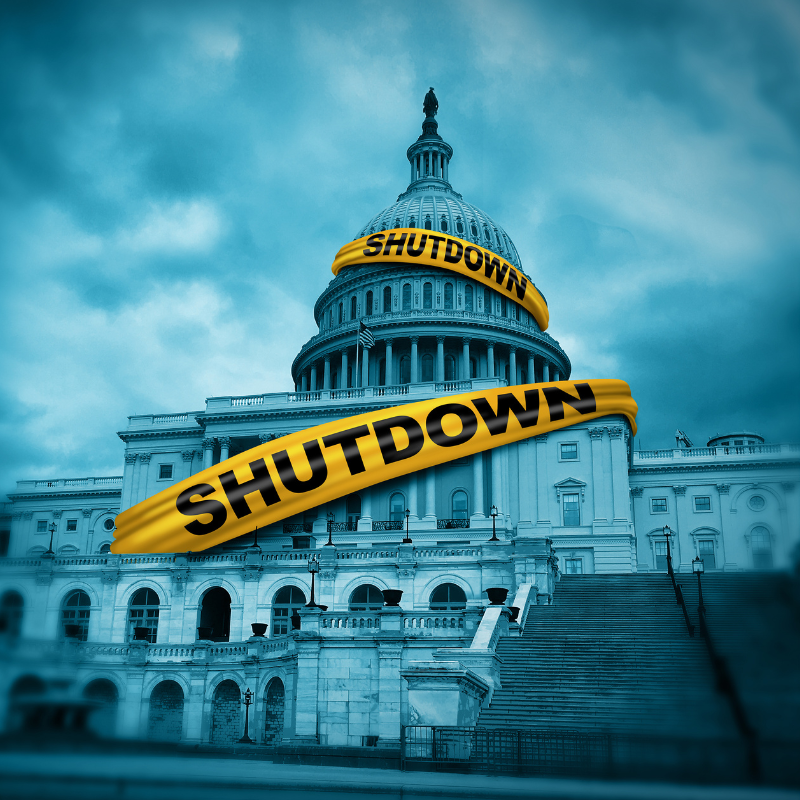The One Big Beautiful Bill Act, commonly referred to as the OBBBA or OB3, introduces sweeping changes to the U.S. tax code, many of which directly affect companies in the digital health space. Whether you’re a founder, operator or investor in a healthcare startup or MSO-PC structured entity, understanding these updates is essential for strategic planning and long-term growth.
From expanded investment incentives to simplified deductions, the OBBBA creates new opportunities, but also requires a proactive tax strategy. Below, we’ll break down the most relevant provisions and what they mean for your business.
Permanent Expensing of Domestic R&E Costs
- Pre-OBBBA: Taxpayers were required to capitalize and amortize domestic R&E expenditures over five years (15 years for foreign R&E).
- OBBBA: Domestic R&E expenses can be fully deducted in the year incurred.
- Applies to expenses incurred between December 31, 2024, and January 1, 2030.
- Small businesses with less than $31 million in average annual gross receipts can retroactively apply this change back to 2022.
Makes the Small Business Tax Deduction Permanent
- Pre-OBBBA: QBI deduction is 20% of the qualified business income from a partnership, S corporation or sole proprietorship. Set to expire on December 21, 2025.
- OBBBA: Makes the QBI deduction permanent for tax years after December 31, 2025, and expands to phase-in thresholds by 50%. Also creates a new $400 minimum deduction.
Permanent 100% Bonus Depreciation
Bonus depreciation allows taxpayers to deduct a percentage of the cost in the first year that the property is placed in service.
- Pre-OBBBA: Taxpayers were allowed to expense 40% of the cost of qualified property immediately.
- OBBBA: Taxpayers are allowed to expense 100% of the cost of qualified property immediately. This applies to property acquired on or after January 20, 2025, and before January 1, 2030.
Get the Latest Tax and Legislative Developments
Withum’s National Tax Policy and Legislative Updates Resource Center is your go-to source for timely updates on tax law and legislative changes. Our team is closely monitoring sweeping tax reform changes, shifting tariffs and tax industry updates, delivering in-depth analysis and actionable insights.
Form 1099 Information Reporting
- Pre-OBBBA: Payments of $600 or more to contractors or subcontractors in a taxable year need to be reported to the IRS
- OBBBA: Payments of $2,000 or more to contractors or subcontractors in a taxable year need to be reported to the IRS. Indexed for inflation starting 2027.
Expanded Qualified Small Business Stock (QSBS) Exclusion
For stock issued on or after July 5, 2025, the capital gain exclusion for QSBS has increased from $10 million to $15 million. For stock issued on or after July 5, 2025, partial exclusions are available based on holding period:
- 3 years: 50% exclusion
- 4 years: 75% exclusion
- 5 years: 100% exclusion
This article mainly focuses on how the OBBBA affects businesses, but it’s also important to know that the law impacts individual taxes as well, especially for founders of digital health companies. If you’re a founder, check out our related article explaining how the OBBBA could affect your personal taxes.
The OBBBA brings significant changes to the tax code. By understanding these changes and adapting strategies accordingly, healthcare professionals can optimize their tax positions. Staying informed and proactive will be key to successfully navigating this new tax environment.
Author: Lissett Villar | [email protected]
Contact Us
For more information on this topic, reach out to a member of Withum’s Digital Health Services Team.





